A Year In Review
Scroll Down
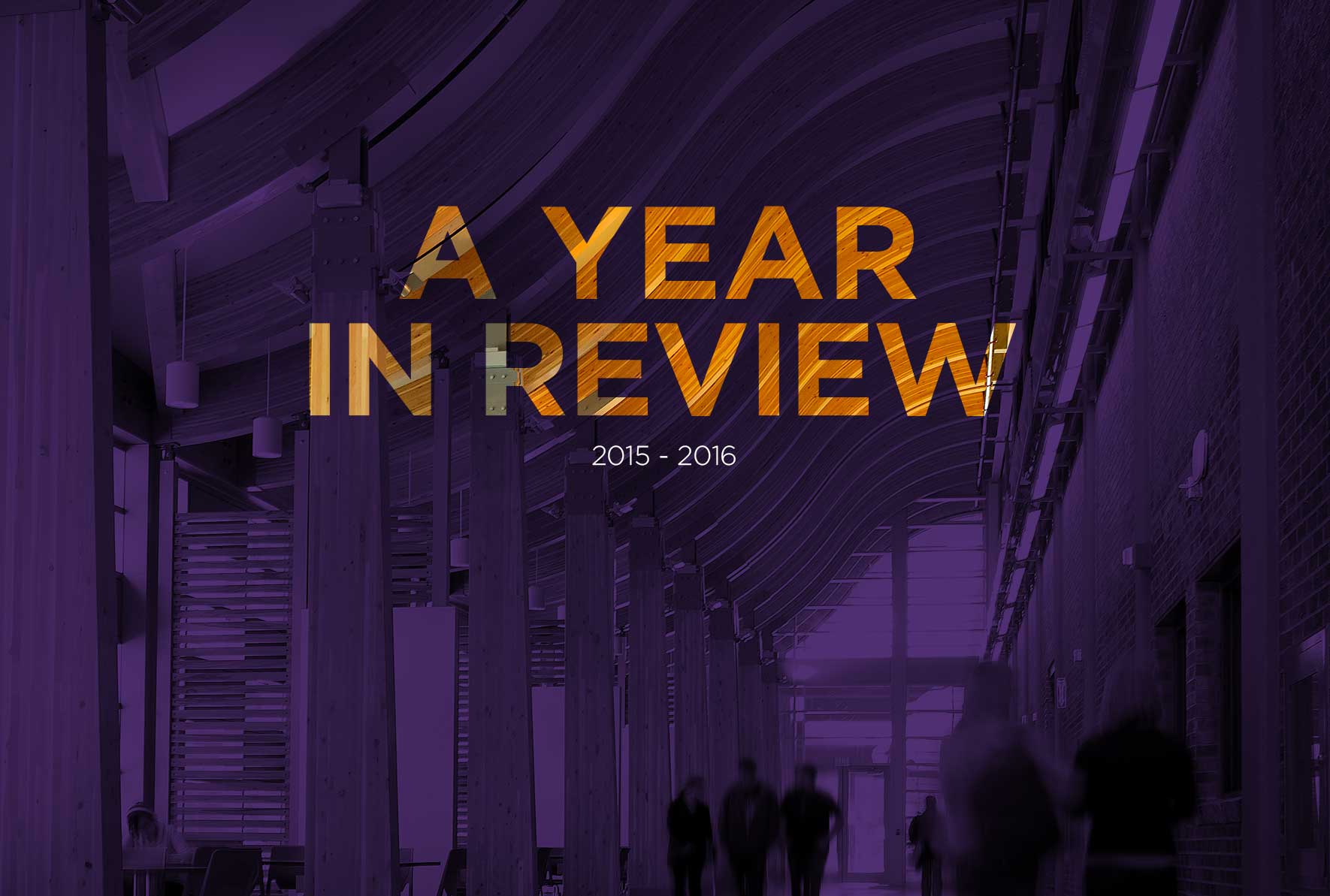
A Year In Review
Scroll Down
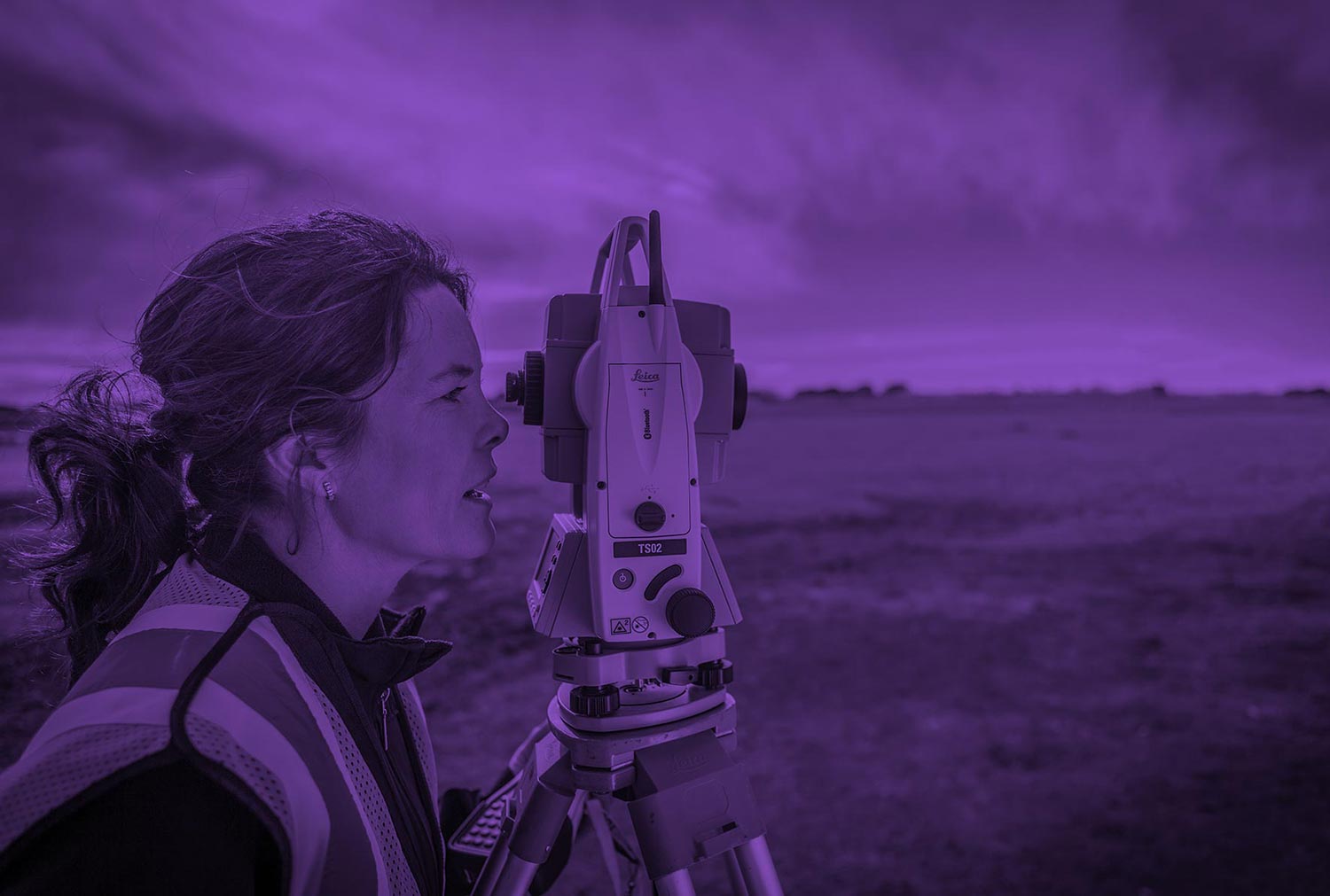
This has been another busy year for both Colleges and Institutes Canada (CICan) and our members across the country. With a new government in Ottawa, CICan renewed its advocacy efforts while continuing to foster partnerships and opportunities for its members both nationally and internationally.
Over the past year, CICan focused on four advocacy priorities identified by our members and we are happy to report that progress has been achieved in all four areas, with new program, funding and partnership opportunities that will benefit colleges, institutes, students, and communities all over Canada.
CICan also continued to expand its international partnerships, launching new Education for Employment programs in Africa, facilitating faster visa approvals for international students, and signing promising MOUs with several governments and organisations. The expertise of Canadian colleges and institutes continues to be in high demand around the world and we are thrilled that so many international opportunities are available to them through CICan.
Our members have long been recognized as educators of choice, but their contribution to Canadian innovation and entrepreneurship is becoming increasingly apparent to the government and a growing number of partners. We continue to be amazed by their leadership and are confident that the best is yet to come for Canada’s colleges and institutes.
Denise Amyot
President and CEO
Chantal Denis
Board Chair and Director General of
Cégep Saint-Jean-sur-Richelieu

2015-16 has been a year of transition in Ottawa with the election of a new federal government in October. CICan was vocal during the campaign, championing our members’ priorities and providing them with tools and platform information to support local engagement. Since October, CICan has redoubled its government outreach, advocating on policy and program priorities and highlighting the role and contributions of Canada’s colleges and institutes.

CICan worked hard to represent its members’ priorities during the fall election campaign and again during pre-budget consultations in the spring. In consultation with members, four advocacy priorities were identified: infrastructure, applied research and innovation, Indigenous education and creating job opportunities for all Canadians.
An election watch platform and series of advocacy tools were developed for members to support their local engagement efforts. Post-election, CICan created an MP guide to educate new and returning parliamentarians about the extraordinary role colleges and institutes play in their local communities and the national economy.
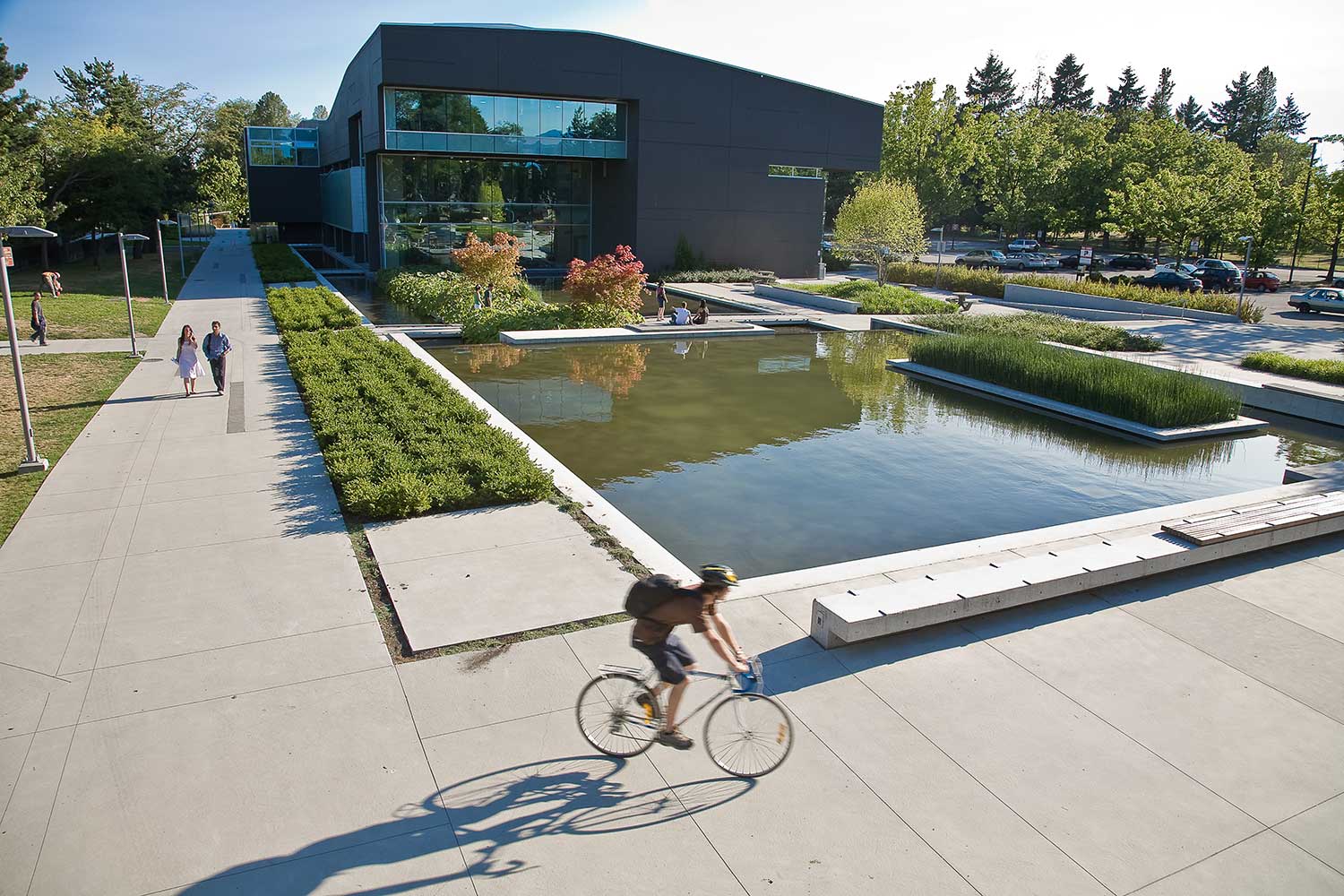
In order to clearly identify the infrastructure needs of colleges and institutes across Canada, and relay this to the new government, CICan launched a survey of our members. The results were used extensively in our post-election outreach and published ahead of the government’s pre-budget consultation, showing that colleges and institutes have over $7.6 billion in shovel-ready projects in need of support. A $2 billion Strategic Investment Fund for post-secondary education was the result.

CICan revamped its website this year by sharpening the focus on our members. New features include comprehensive member profiles, a map of institutions across the country, a searchable database of degrees and post-graduate programs, as well as a resource library that puts hundreds of valuable documents only a few clicks away.
A profile-raising video was created using images from colleges and institutes across the country to help CICan promote its members at home and abroad.

Colleges and institutes were featured in a number of high-profile publications, including The Globe and Mail, l’Actualité and Maclean’s Magazine, which published a new College Guide featuring CICan members from coast to coast to coast.
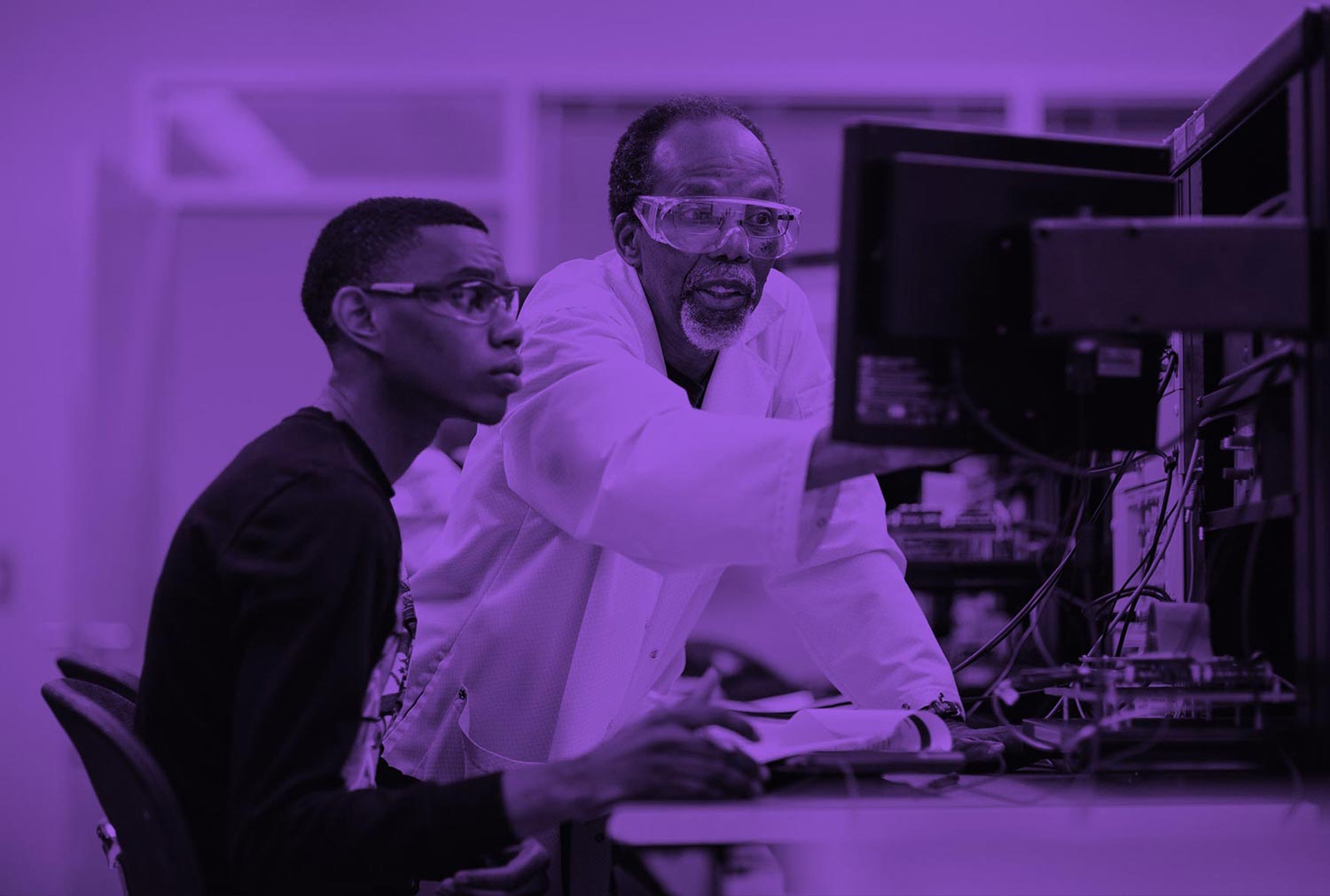
CICan is committed to bringing its members together to network and discuss common challenges and opportunities. It also calls on their expertise through various committees and events that stimulate dialogue. This year, CICan organized three symposia that gathered individuals from across Canada to share ideas and exchange on the future of Canadian post-secondary education in key sectors.

CICan’s Indigenous Education Symposium was held in Whitehorse this year, hosted by Yukon College. Following the release of the Truth and Reconciliation Commission report, the event focused on the theme “Supporting Reconciliation through the Indigenous Education Protocol”. CICan and its members continue to play a leadership role in reconciliation and 45 colleges and institutes have signed the CICan Indigenous Education Protocol since its launch.

45 colleges and institutes have signed the CICan Indigenous Education Protocol since its launch.

Applied research continues to be a huge strength of colleges and institutes. With research centres and labs growing at a tremendous rate in institutions across the country, research leaders, business partners and policy makers gathered in Winnipeg for the CICan Applied Research Symposium. This was an opportunity to discuss the latest trends in research, as well as common challenges and best practices. Students were also invited to showcase their research projects and share their experience with attendees.

This year, CICan held its first ever Energy Symposium in collaboration with Medicine Hat College to discuss critical changes in the sector and help colleges navigate in these uncertain times.

Over 650 participants took part in CICan’s annual conference in Winnipeg. The event was organized in collaboration with Red River College, the Manitoba Institute of Trades and Technology, Assiniboine Community College and l’École technique et professionnelle de l’Université de Saint-Boniface. Under the theme “Leading change”, the conference featured several prominent keynote speakers, including comedian Rick Mercer, National Chief Perry Bellegarde of the Assembly of First Nations and entrepreneur David Chilton, better known as the Wealthy Barber. CICan’s Awards of Excellence were celebrated during the conference, recognizing the extraordinary contribution of awardees to their communities.

CICan is pushing the boundaries of social innovation and impact bond investing by implementing the first federal program of its kind in Canada. Over the last year CICan has recruited partners for the Essential Skills Social Finance (ESSF) project, which is supported by Employment and Social Development Canada.

CICan’s successful programs and partnerships ensure colleges and institutes play a leading role in Canada and around the world. Over the past year, CICan has worked with several new partners who share its passion and commitment to excellence in post-secondary education.

This year, CICan signed a two-year agreement with Immigration, Refugees and Citizenship Canada (IRCC) to renew the Canada Immigrant Integration Program (CIIP). In this new phase of the program, CICan is collaborating with the International Organization for Migration (IOM), that administers the Canadian Orientation Abroad (COA) project. This partnership expands pre-arrival services and ensures consistent curricula and materials worldwide. CIIP is also working with the Association des collèges et universités de la francophonie canadienne (ACUFC) to ensure that French-speaking immigrants destined for francophone minority communities have access to appropriate supports in Canada.

Education for Employment (EFE) remains CICan’s flagship international program. EFE programs provide opportunities for Canadian colleges and institutes to share their expertise with partners around the world. They help develop demand-driven training, leadership, and entrepreneurship programs benefitting local economies, while providing enriching experiences for Canadian faculty and staff. Over 45 members are driving development all over the world thanks to funding from Global Affairs Canada.
A new agreement was signed in March 2016 to extend the initiative into Kenya.
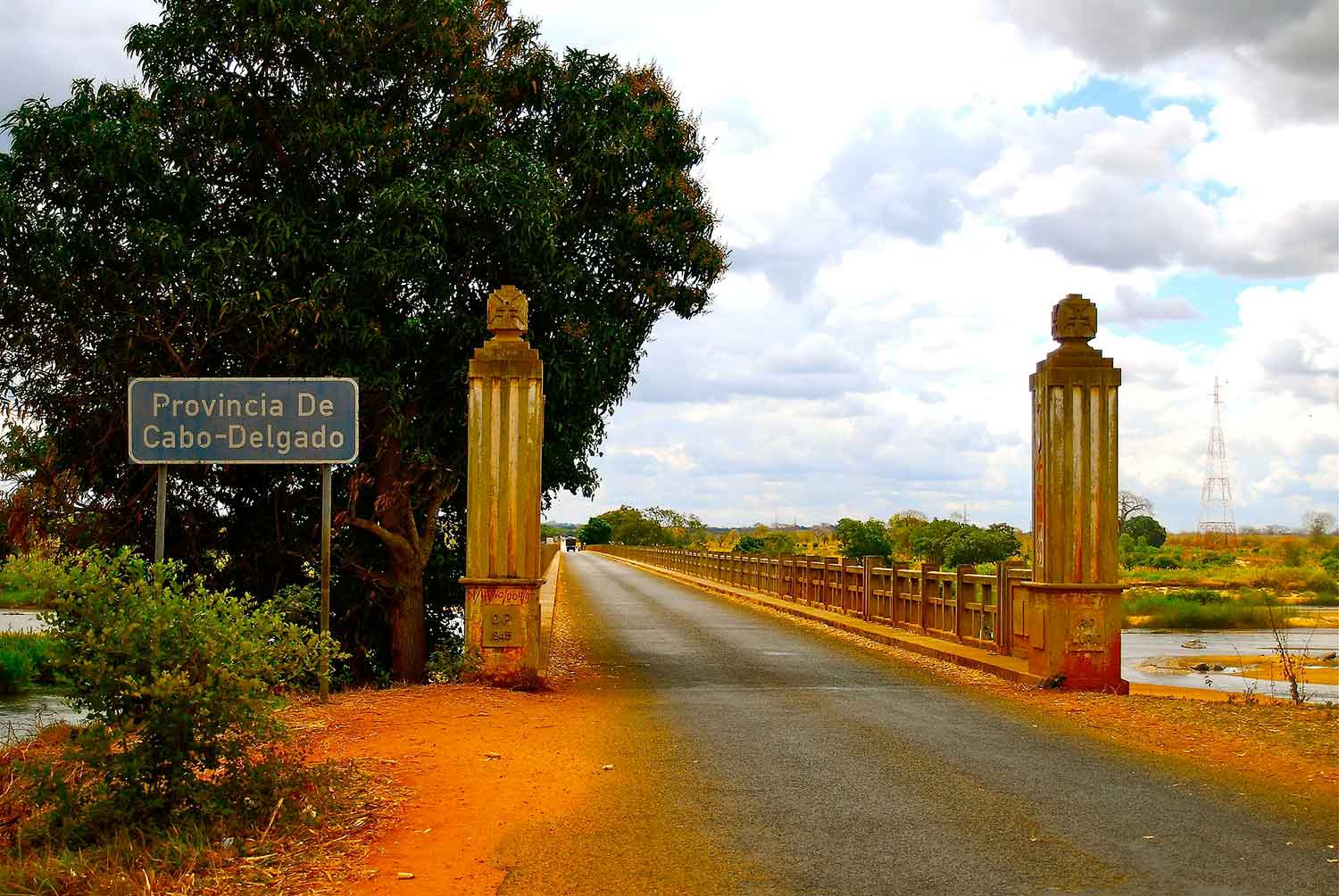
The Private Sector Growth through Education for Employment (PSG-EFE) project will help train 13 500 students through the development of training programs that are aligned with the current labour market needs.
The Improving Skills Training for Employment Program (ISTEP) is helping technical and vocational training institutions deliver skills training that will allow students to find or create employment in the tourism and extractive sectors.
The Skills Training for Employment in Mozambique (STEM) program is a youth employment and gender equity initiative that works in two of Mozambique’s fastest growing provinces – Tete and Cabo Delgado. STEM aims to train 4,000 students, instructors and institutional leaders at five institutions, and will build relationships with local employers to increase economic opportunities for Mozambican women and men.

EFE Andes is modernizing the delivery of vocational training in the region and helping improve the chances for youth in post-conflict zones of Colombia to start small businesses and recreate their communities, through a broad range of partnerships with regional and national governments, employers, unions, employment agencies and educational institutions.

C-EFE is strengthening Technical and Vocational Education and Training in 12 Caribbean countries. Two new Youth Skills Development Programs were added this year thanks to joint funding by the Government of Canada and the Government of the United Kingdom through the Department for International Development (DFID).
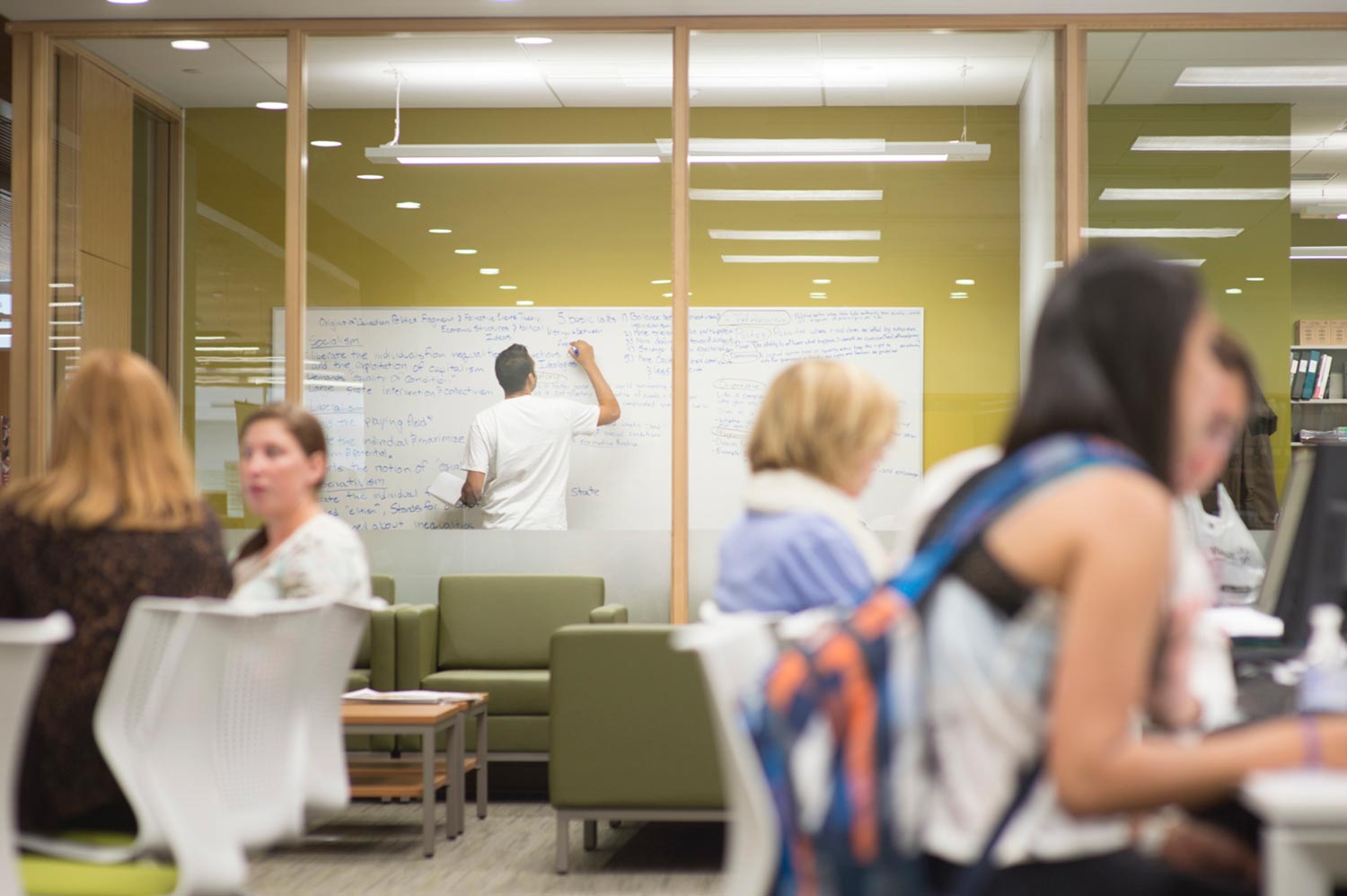
Building on the signing of a historic partnership agreement between CICan and Universities Canada in 2014, the two associations launched an online showcase of innovative partnerships to highlight the diversity of post-secondary pathways for learners, as well as the myriad ways institutions work together, from the sharing of facilities to applied research collaboration.

This year, CICan launched the brand new Clean Tech Internship Program which provides up to $12,000 to private and public sector employers to assist with the hiring of recent graduates. In its first year, the program has provided 40 interns with jobs that will help them gain valuable experience while contributing to Canada’s green economy. This project is undertaken with the financial support of Environment and Climate Change Canada.

In its first year, the program has provided 40 interns with jobs.

Launched in January 2014, the CICan led Industry-College Coalition continued to grow over the last year and provided valuable input on our advocacy efforts. The coalition welcomed four new members: Allied Health, the Canadian Institute of Heating and Plumbing, the Entertainment Software Association and Safe Food Canada. This brings the number of industry partners to 41, representing many key sectors of the Canadian economy.

CICan worked with the Consulate General of Canada in Ho Chi Minh City, the Embassy of Canada in Hanoi, Scotiabank, and Immigration, Refugees and Citizenship Canada (IRCC) to launch the Canada Express Study Program which will facilitate visa processing for Vietnamese students wishing to study at participating member institutions in Canada. This new pilot project was announced in February and already involves 45 colleges and institutes.

CICan continues to work with the Canadian Armed Forces (CAF) to deliver the Canadian Armed Forces – Accreditation, Certification, Equivalency (CAF-ACE) Program. The aim of the program is to align CAF occupational training needs with college and institute training programs.

CICan strives for organizational excellence in all areas of its work. Good governance and value for members are at the heart of all of our activities.

CICan is committed to empowering leaders of all levels with professional development opportunities and the chance to connect with colleagues. This year, 101 participants attended CICan’s six highly-regarded leadership institutes, including two new institutes, for Program Chairs and French-speaking Managers. A competency framework developed by a Leadership Review Committee was also introduced. All eight institutes were rebranded and contain exciting new material.

This year, CICan offered a series of webinars on specific topics such as changes to the Express Entry program, internationalizing your institution, CICan’s advocacy strategy and a discussion on recent trends and challenges in the post-secondary sector. These were made available for free to all CICan members.

Over the past year, CICan established new Corporate Alliance Program partnerships with several prominent companies: Cisco, Kivuto, Imagewear and TD Insurance Meloche Monnex. The program provides added value to member institutions through special offers, preferential pricing, and group discounts, and gives these companies the opportunity to secure and maintain business in the Canadian college sector.

CICan has always relied on a dedicated Board of Directors to guide the organisation. This includes a number of industry representatives who are able to share different perspectives and bring new ideas to the table. Over the past year, CICan was pleased to welcome JP Gladu, President and CEO of the Canadian Council for Aboriginal Business (CCAB), and Chris Power, President and CEO of the Canadian Patient Safety Institute, to its Board of Directors.

The accompanying summarized financial statements of the Colleges and Institutes Canada are the responsibility of management. They have been derived from the Association’s complete financial statements which have been prepared in accordance with generally accepted accounting principles using information available to May 5, 2016, and management’s best estimates and judgements.
Management has developed and maintains a system of internal controls to provide reasonable assurance that all assets are safeguarded and to produce relevant, reliable and timely financial information, including the accompanying financial statements.
The Board of Directors discharges its duties relating to the financial statements primarily through the activities of its Audit Committee. The Audit Committee meets at least annually with management and the external auditors to review both the financial statements and the results of the audit examination with respect to the adequacy of internal accounting controls. The external auditors have unrestricted access to the Audit Committee. The Audit Committee also considers, for review by the Board of Directors, the engagement and re-appointment of external auditors.
The financial statements have been audited by Deloitte LLP on behalf of the membership. The Audit Committee met on May 5, 2016 and recommended them for approval to the Board of Directors. The auditors’ report outlines the scope of their audit and their unmodified opinion on the financial statements. The complete financial statements will be available following approval by the Board of Directors.

Denise Amyot
President and CEO
Ramon Lashley
Vice President, Corporate Services
May 5, 2016
March 31, 2016, with comparative figures for 2015
2016 |
2015 |
|||
| (Restated) | ||||
| Assets | ||||
| Current Assets | $ | 16,073,613 | $ | 12,297,829 |
| Investments | 2,313,340 | 2,242,841 | ||
| Capital Assets, net | 1,103,825 | 1,103,825 | ||
| $ | 19,490,778 | $ | 15,772,866 | |
| Liabilities and Net Assets | ||||
| Current liabilities | $ | 15,934,829 | $ | 12,466,037 |
| Lease Inducements | 222,348 | 243,866 | ||
| Net Assets | 3,333,601 | 3,062,963 | ||
| $ | 19,490,778 | $ | 15,772,866 | |
| Summarized Statement of Operations | ||||
| Year ended March 31, 2016, with comparative figures for 2015 | ||||
2016 |
2015 |
|||
| (Restated) | ||||
| Revenue: | ||||
| Project Revenue | $ | 24,418,546 | $ | 29,596,112 |
| Less: direct Project Expenses | 18,612,431 | 23,353,043 | ||
| Net project contribution | 5,806,115 | 6,243,069 | ||
| Membership fees | 2,558,514 | 2,522,009 | ||
| Other | 339,881 | 404,817 | ||
| 8,704,510 | 9,169,895 | |||
| Expenses: | ||||
| Human resources | 6,635,294 | 6,319,770 | ||
| Amortization of capital assets | 221,828 | 248,645 | ||
| Other | 1,576,750 | 1,796,192 | ||
| 8,433,872 | 8,364,607 | |||
| Excess of revenue over expenses | $ | 270,638 | $ | 805,288 |

CICan is grateful to its members whose innovative spirit and countless success stories never cease to amaze us. Thank you also to the remarkable members of our Board of Directors, for sharing their time and knowledge. CICan also counts on the support of many volunteers from our member institutions, partners in industry, government and other associations in Canada and across the world who share our commitment to excellence in education.
Finally, thank you to the entire staff of CICan for their continued hard work and dedication.
Photo Credit: